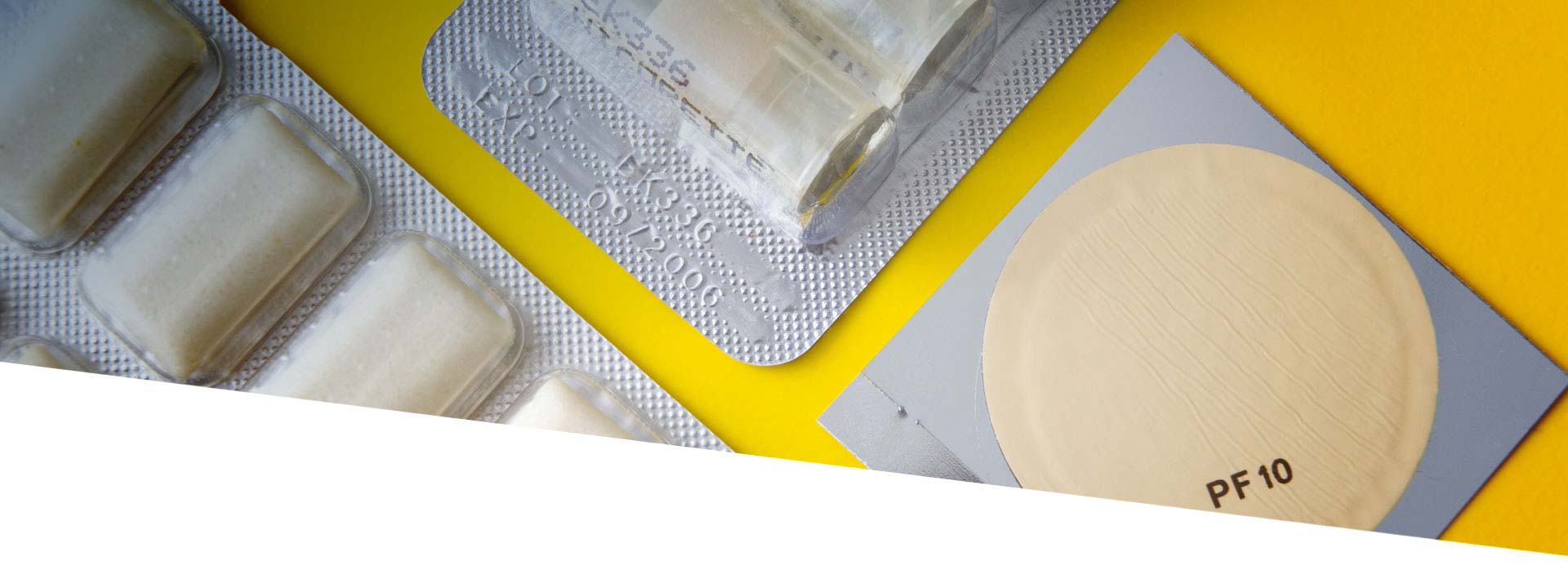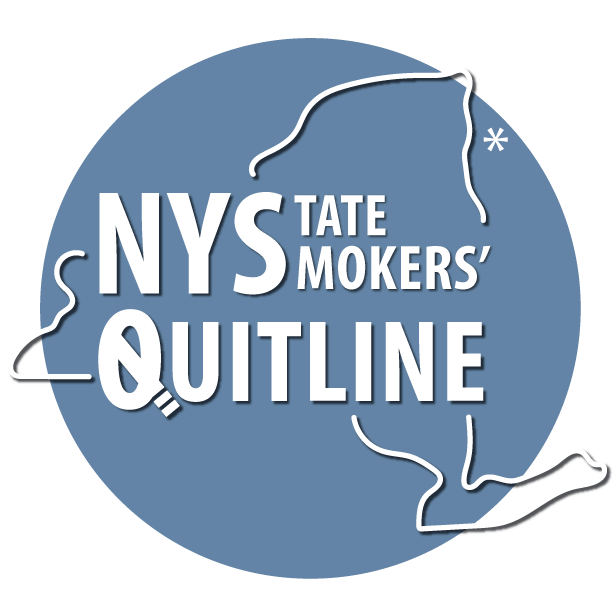
Treatment that worksMedications – proven to help
About stop-smoking medications
There are seven stop-smoking medications approved by the FDA (Food and Drug Administration) – the nicotine patch, gum, lozenge, spray, inhaler, and non-nicotine medications Chantix® and Zyban. These medications have been proven to double your chances of quitting.Most stop-smoking medications are covered by health insurance plans. Your healthcare provider can advise you on which medications are right for you. Your healthcare provider can give you a prescription for medication covered by your health plan.
Which medication is right for you?
Heavy, light, and even recently-quit smokers can benefit from using stop-smoking medications. Your healthcare provider is the best person to help you decide which medication is best for you and provide a prescription for medication covered by your health plan.When using stop-smoking medications, keep in mind:
- Using medications as directed is important to get the full benefit.
- Incorrect doses and not staying on the medication long enough are common reasons people believe medications did not work for them.
- These medications are safe and the nicotine in nicotine replacement therapy is also safe.
- Combining nicotine replacement therapy is more effective for moderate to heavier smokers (10 to 25 cigarettes daily).
Help to quit
Free, confidential, evidence-based help to quit smoking, vaping, or tobacco for New Yorkers.Be sure to talk with your healthcare provider or doctor about quitting smoking, and before starting new medications. Follow your healthcare provider's instructions and manufacturer instructions. Please see medication packaging for a full listing of instructions and side effects.
Nicotine patch
Pro:
Easy to use – once a day. The patch provides a continuous nicotine dose all day.
Con:
Possible side effects*: Possible skin reaction or insomnia.
Gum
Pro:
Available in different flavors.
Con:
Possible side effects*: Mouth soreness, jaw soreness, or heartburn. Can damage dental work such as dentures.
Nicotine lozenge
Pro:
Has 25% more nicotine than gum, and is available in different flavors.
Con:
Possible side effects*: May cause hiccups or heartburn, and no food or drink for 30 minutes before or during use.
Nicotine nasal spray
Pro:
Gets nicotine into your system fastest.
Con:
Possible side effects*: Initial nasal irritation, sneezing, coughing, or teary eyes.
Inhaler
Pro:
Mimics a cigarette (inhaling).
Con:
Possible side effects*: May cause irritation of mouth and throat.
Chantix® (varenicline)
Pro:
Stops cravings by fooling the brain to believe your body has already had nicotine.
Con:
Possible side effects*: May cause nausea, insomnia, headache, and abnormal dreams.
FDA warning about psychiatric effects. FDA potential risk for heart problems.
Zyban (bupropion)
Pro:
Helps prevent relapses and weight gain. With doctor approval, may be used with the patch.
Con:
Possible side effects*: Might disrupt sleep, or cause headaches or dry mouth. Seizure risk in some users.
Combination Therapy
What is it?
Combining nicotine replacement therapy (combination therapy) means combining the nicotine patch, as prescribed, along with the gum or lozenge.
How does it work?
The patch gives you a steady dose of nicotine throughout the day – making you feel less like
you need to smoke – while the gum or lozenge works fast to fight urges and helps stop withdrawal symptoms in their tracks!
For most smokers, combination therapy is more effective than taking one form of nicotine treatment alone.
For most smokers, combination therapy is more effective than taking one form of nicotine treatment alone.
Last updated 3/18/2022 11:01 AM



 Print Me!
Print Me!



Follow us
News, program updates, and support to quit: